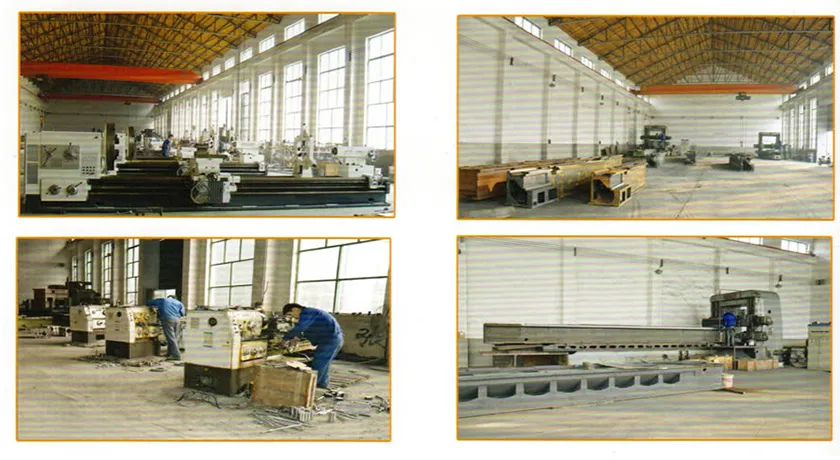
- Afrikaans
- Albanian
- Amharic
- Arabic
- Armenian
- Azerbaijani
- Basque
- Belarusian
- Bengali
- Bosnian
- Bulgarian
- Catalan
- Cebuano
- Corsican
- Croatian
- Czech
- Danish
- Dutch
- English
- Esperanto
- Estonian
- Finnish
- French
- Frisian
- Galician
- Georgian
- German
- Greek
- Gujarati
- Haitian Creole
- hausa
- hawaiian
- Hebrew
- Hindi
- Miao
- Hungarian
- Icelandic
- igbo
- Indonesian
- irish
- Italian
- Japanese
- Javanese
- Kannada
- kazakh
- Khmer
- Rwandese
- Korean
- Kurdish
- Kyrgyz
- Lao
- Latin
- Latvian
- Lithuanian
- Luxembourgish
- Macedonian
- Malgashi
- Malay
- Malayalam
- Maltese
- Maori
- Marathi
- Mongolian
- Myanmar
- Nepali
- Norwegian
- Norwegian
- Occitan
- Pashto
- Persian
- Polish
- Portuguese
- Punjabi
- Romanian
- Russian
- Samoan
- Scottish Gaelic
- Serbian
- Sesotho
- Shona
- Sindhi
- Sinhala
- Slovak
- Slovenian
- Somali
- Spanish
- Sundanese
- Swahili
- Swedish
- Tagalog
- Tajik
- Tamil
- Tatar
- Telugu
- Thai
- Turkish
- Turkmen
- Ukrainian
- Urdu
- Uighur
- Uzbek
- Vietnamese
- Welsh
- Bantu
- Yiddish
- Yoruba
automated car wash systems
The Evolution of Automated Car Wash Systems
In recent years, the automotive industry has seen significant advancements in technology, and one area that has greatly benefitted from these innovations is the car wash sector. Automated car wash systems have transformed the way vehicles are cleaned, offering a fast, efficient, and environmentally-friendly alternative to traditional hand washes. As drivers seek convenience without compromising on quality, automated car wash systems have rapidly gained popularity.
At the heart of these systems lies sophisticated technology designed to deliver a thorough clean in a fraction of the time it would take for a manual wash. Equipped with state-of-the-art features such as conveyor belts, high-pressure water jets, robotic arms, and advanced cleaning solutions, these systems can effectively remove dirt, grime, and even stubborn contaminants like bird droppings and tree sap. The process is not only speedier but also more reliable, as the machinery operates consistently and uniformly, ensuring that every inch of the vehicle is addressed.
Moreover, automated car wash systems are designed with the environment in mind. Many of them utilize water recycling systems that significantly reduce water consumption compared to traditional car washes. In some cases, as much as 90% of the water used can be recycled and reused in subsequent washes. Additionally, eco-friendly cleaning agents are often employed, minimizing harmful chemical runoff into the environment. This commitment to sustainability appeals to the growing number of eco-conscious consumers.
automated car wash systems

Safety and convenience are also key advantages. With the busy lifestyles of today’s drivers, the option to have their car washed in an efficient manner without requiring their constant supervision is invaluable. Customers can simply drive into the wash station, follow a few straightforward instructions, and let the system do the rest. This not only saves time but also enhances the overall customer experience, as many establishments provide waiting areas with amenities for clients to enjoy while their vehicle is being serviced.
However, the rise of automated car wash systems does not come without challenges. Initial investment costs for setting up such systems can be high for business owners, and maintaining the technology requires ongoing expenses. Additionally, competition from mobile car wash services and traditional wash methods continues to exist, compelling automated car wash operators to innovate continuously and improve services to attract customers.
In conclusion, automated car wash systems represent a significant leap forward in vehicle maintenance, blending technology with environmental stewardship and convenience. As the demand for faster, greener, and economically viable solutions increases, these systems are likely to play an even more substantial role in the car care industry. With further advancements on the horizon, the future of automated car washes looks bright, promising more efficient operations and enhanced customer satisfaction.
-
Integrating Aqua Tunnel Car Wash in Shopping CentersNewsJun.24,2025
-
Gas Station with an Auto Car Wash MachineNewsJun.24,2025
-
Efficiency in Your Aqua Tunnel Car Wash: Power & Water-SavingNewsJun.24,2025
-
Car Wash Business with Advanced Auto Car Cleaning MachinesNewsJun.24,2025
-
Balancing Setup Costs with Aqua Tunnel Car WashNewsJun.24,2025
-
Aqua Tunnel Car Wash: Eco-Design for the Energy-Savvy EntrepreneurNewsJun.24,2025



